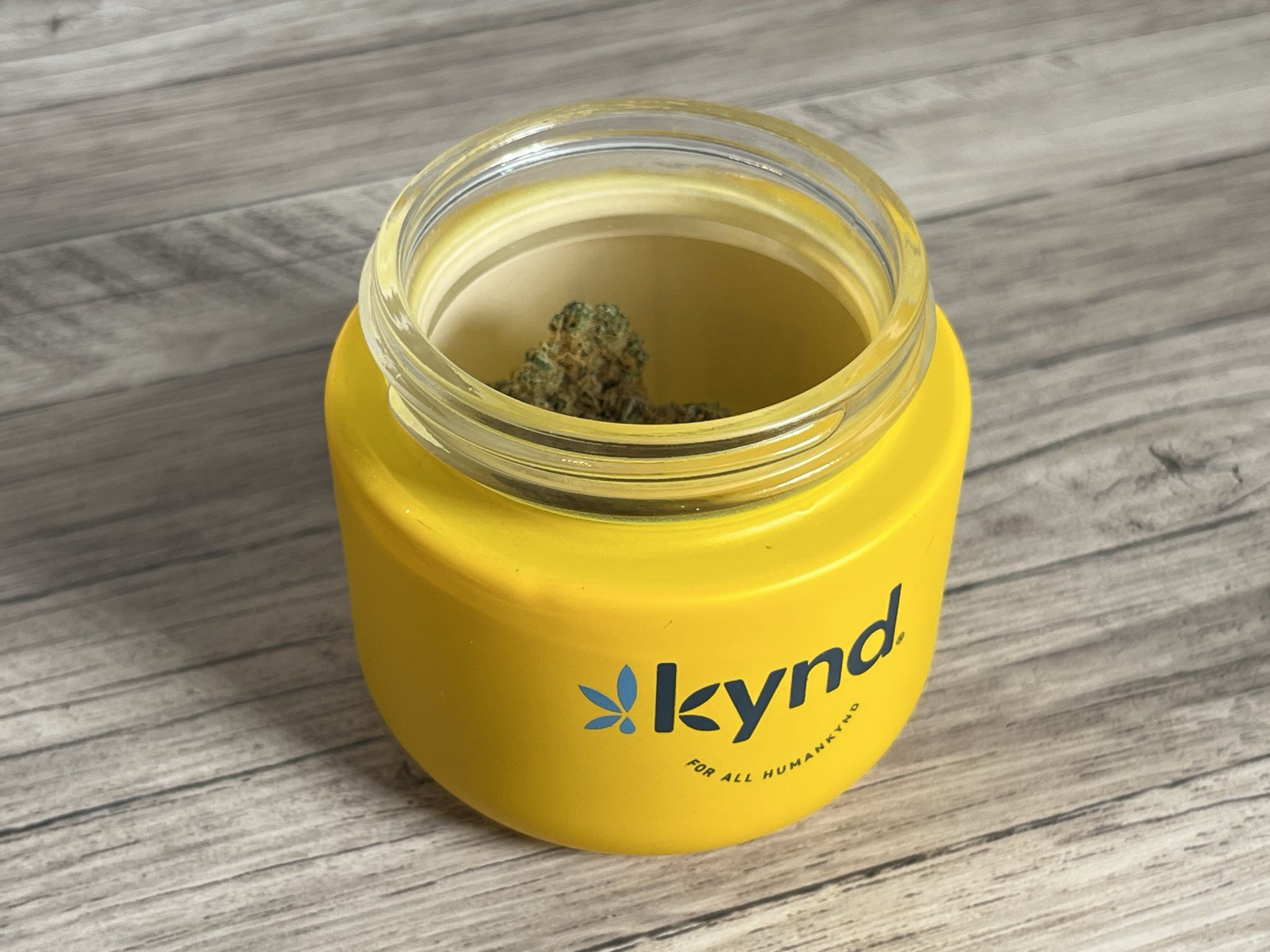Florida, known for its vibrant tourism and booming population, is now a key player in the ongoing national debate over cannabis legalization. While medical marijuana has been legal since 2016 and boasts over a million registered patients, the question of legalizing recreational marijuana for adults remains contentious as we move into 2025.
Despite increasing public support and the success of recreational programs in other states, Florida’s pathway to full cannabis legalization is hindered by a complex web of political resistance, social concerns, and economic questions.
The Medical Cannabis Success Story
The medical marijuana program in Florida has grown exponentially in less than a decade. Patients with chronic conditions such as multiple sclerosis, cancer, and epilepsy have found relief through cannabis-based therapies. The program has also sparked economic growth, with hundreds of dispensaries and cultivation facilities employing thousands across the state.
However, expanding cannabis access for recreational use has not been as straightforward. Although medical marijuana has become mainstream, the leap to adult-use legalization is mired in skepticism from lawmakers and parts of the public.
Barriers to Legalizing Recreational Use
1. Public Safety Concerns
Opponents of recreational marijuana legalization remain vocal about the potential for increased impaired driving incidents. Law enforcement officials argue that there is no widely accepted roadside test for cannabis impairment, raising concerns about public safety on Florida’s roads.
While data from legalized states like Colorado and California show mixed results on the correlation between legalization and traffic incidents, the uncertainty is enough to fuel hesitation among legislators and advocacy groups.
2. Youth Access and Health Risks
A common refrain among opponents is the fear that legalization will increase cannabis use among teens, despite safeguards like age restrictions. Health experts warn about the potential long-term effects of cannabis use on adolescent brain development, citing studies that link heavy consumption with cognitive and mental health issues.
3. Social and Economic Equity
Legalization raises concerns about fairness and representation in the cannabis industry. Critics argue that, without proper social equity programs, legalization could disproportionately benefit well-capitalized corporations, leaving behind small businesses and individuals in communities disproportionately affected by the war on drugs.
Efforts to include social equity provisions in Florida’s legalization proposals have been slow, raising questions about whether future legislation will address these inequities effectively.
4. Political Resistance
Despite a shift in public sentiment, Florida’s political climate remains a significant barrier. The Republican-led legislature has repeatedly blocked efforts to bring recreational marijuana to a vote. While a recent ballot initiative is set to appear on the 2026 ballot, the pathway to success remains uncertain as politicians and advocacy groups prepare to battle over the issue.
Why Legalization Makes Sense in 2025
Advocates for adult-use cannabis emphasize the significant benefits legalization could bring to Florida.
Economic Impact: Legalization could generate billions of dollars in revenue. States like California and Illinois have demonstrated that cannabis sales can fund critical programs such as education, infrastructure, and healthcare. With Florida’s robust tourism economy, it is uniquely positioned to capitalize on cannabis tourism, further amplifying these benefits.
Job Creation: From cultivation and manufacturing to retail and tourism, legalizing recreational cannabis could create thousands of jobs, diversifying Florida’s economy and reducing unemployment in rural and urban areas alike.
Social Justice: Legalization offers an opportunity to address the lingering effects of cannabis prohibition. Expunging past cannabis-related convictions and providing access to the legal market for those historically impacted by prohibition could promote fairness and equity across the state.
Lessons Learned from Other States
Florida’s position in 2025 allows it to learn from the successes and pitfalls of other states that have already legalized adult-use cannabis. Colorado and Washington, for example, have established effective regulatory frameworks for taxation and public safety. On the other hand, challenges like overregulation and inequitable market access in states like California provide cautionary tales.
By studying these examples, Florida has the chance to design a legalization framework that prioritizes public safety, social equity, and economic opportunity.
What’s Next for Florida?
For Florida, the stakes are high. Legalizing recreational marijuana would position the state as a leader in the Southeast U.S., where cannabis remains largely restricted. Success could also set the stage for neighboring states to follow suit, creating a ripple effect in the region.
In 2025, Florida is at a pivotal moment in its cannabis story. The question is no longer whether cannabis will be legalized for recreational use, but how and when. As the debate continues, the Sunshine State has an opportunity to lead the way in responsible cannabis reform—one that balances innovation, public health, and social justice.

